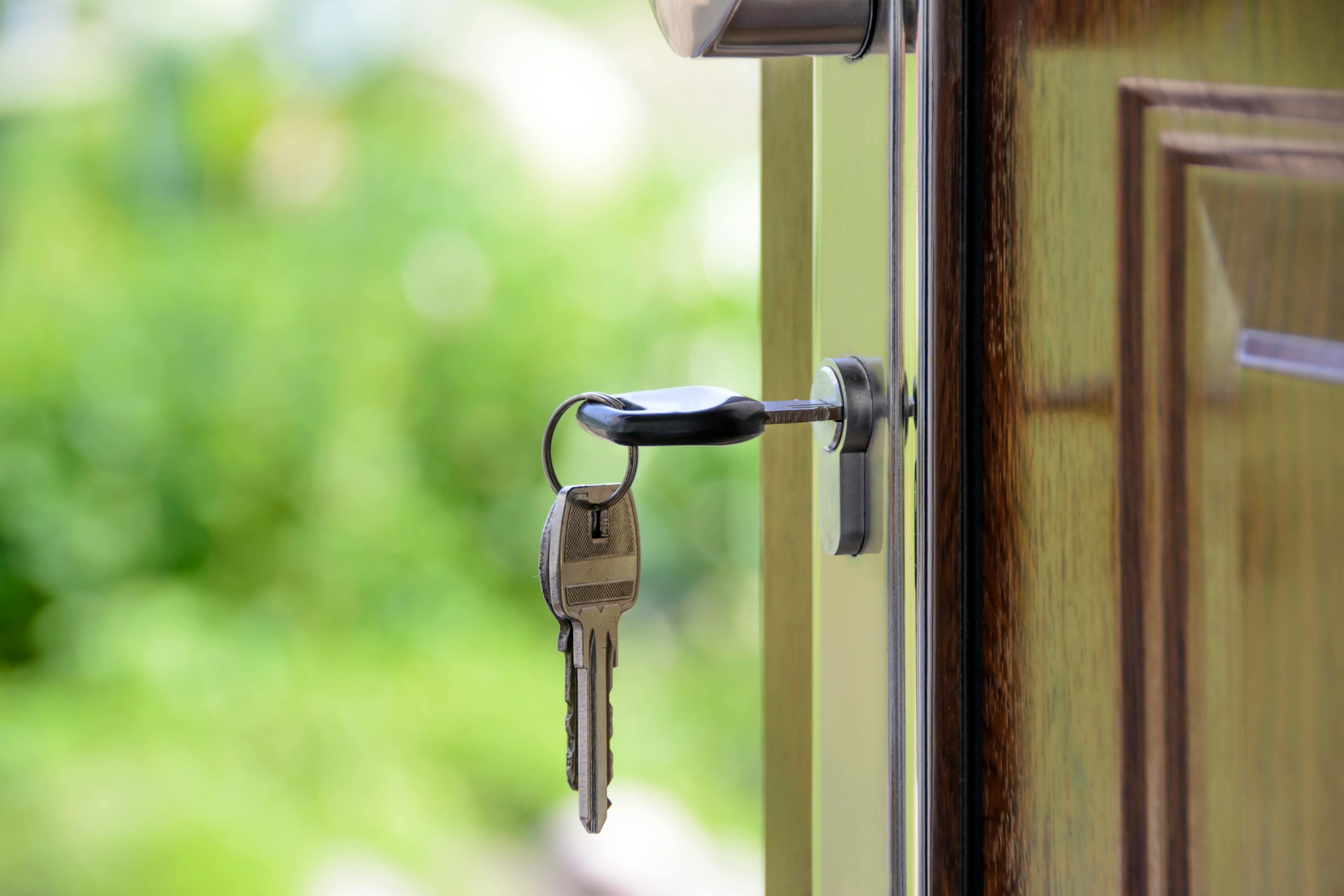Question About Auto Insurance Claim and Dashcam Footage
I’m seeking a second opinion.
Last week, I was involved in a minor accident in a parking lot in Texas. In my statements to both my insurance company and the other driver’s, I explained that I checked for oncoming traffic before putting my car in reverse. I had begun to back out of my parking space and was about to switch to drive when the other driver—who was parked across from me—also started backing up and collided with my rear left bumper.
The other driver provided a similar account to both insurance companies but claimed he had started backing up before me and that I was the one who hit him.
As of now, fault has been assigned 50/50, putting us in a situation where it’s essentially my word against his. Unfortunately, there weren’t any cameras monitoring the parking lot.
However, I do have a front dashcam recording that shows me backing out and getting ready to stop and shift gears when the collision occurred. A third party who watched the footage advised me not to share it with the insurance companies, as there’s a risk it could still portray me as partially at fault.
What do you think? Should I share the dashcam footage with my insurance adjuster or keep it private?
Here’s the video for reference: https://imgur.com/a/V68Igok




It’s definitely a tricky situation! In most cases, having dashcam footage can be a valuable asset when it comes to resolving disputes over fault in an accident. Here are a few points to consider:
Clarity of the Video: If the video shows clear evidence of the sequence of events—specifically, that you were already in motion when the other driver started to back up—this could strengthen your case significantly.
Insurance Adjuster’s Role: Insurance adjusters are trained to analyze evidence, and presenting clear footage can help them make a more informed decision regarding fault. Keeping the video to yourself might limit your chances of getting a more favorable outcome.
Consult With Your Insurance Company: Before making any decisions, consider discussing the situation with your insurance adjuster. They can provide guidance on the impact of the video and help you understand how it might be interpreted.
Legal Considerations: If you’re still concerned about potential liability, you might consider speaking with a lawyer who specializes in auto insurance claims. They can provide advice tailored to your specific situation.
Preserve Evidence: Regardless of your decision, keep the dashcam footage in a secure location. It may be useful later if disputes continue or if the other driver tries to escalate the situation.
Overall, if the footage supports your claim and provides clarity, it’s worth sharing with your insurance company. They want to settle claims fairly, and having video evidence can help them do that.